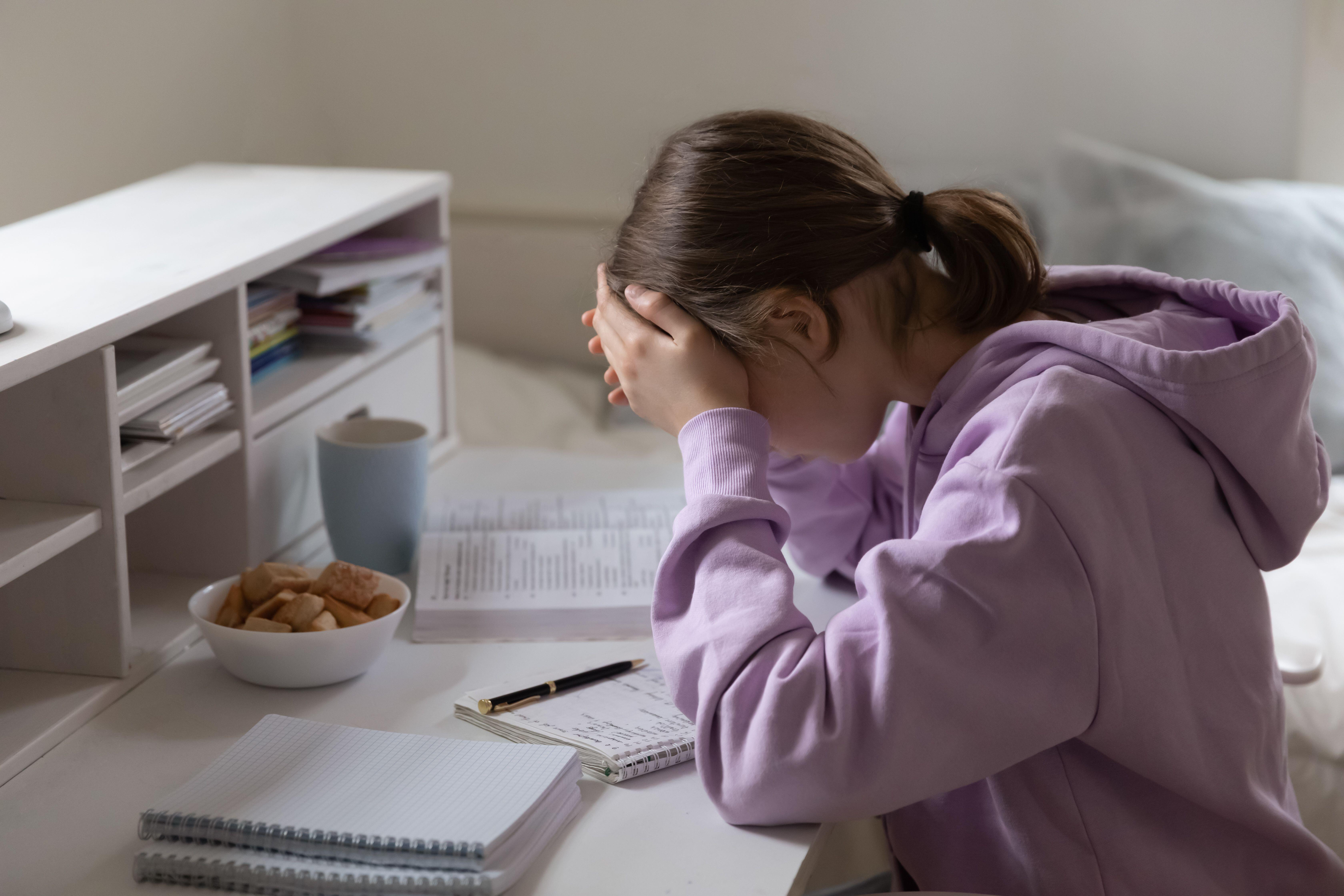ARTICLE AD BOX
A new Unicef report paints a bleak picture of child wellbeing in the UK, ranking it near the bottom of high-income countries.
The study reveals a concerning global trend: children are increasingly struggling with academic performance, obesity, and unhappiness. The UK's position is particularly alarming, trailing behind many European counterparts.
The report assesses child wellbeing across 36 high-income nations, placing the UK at a dismal 21st. Countries like France, Spain, and Portugal significantly outperform the UK, while even Romania, Slovakia, Lithuania, and Hungary rank higher.
The Netherlands and Denmark continue to hold the top two spots, highlighting the stark contrast in child wellbeing across Europe.
The UK's poor performance extends to mental health, where it ranks 27th out of 36 countries. Perhaps most concerning is the UK's near-bottom ranking for teenage life satisfaction, tied with Chile and only surpassed by Turkey.
Data reveals a decline in reported high life satisfaction among UK teens, falling from 64 per cent in 2018 to 62 per cent in 2022. A significant gender gap also emerges, with girls considerably more likely to report unhappiness than boys.

Frequency of talking with parents had a strong positive link with satisfaction, while frequency of being bullied had a major negative effect.
Researchers said rates of frequent bullying “remain high” in the UK and are the third highest among high income countries, with 27 per cent of 15-year-olds experiencing frequent bullying in both 2018 and 2022.
The UK youth suicide rate has also increased in recent years, rising from a three-year average of four per 100,000 population aged 15 to 19 in 2018 to 5.12 in 2022.
Elsewhere, the UK is in the middle third of countries for physical health (22 out of 41) and 15 out of 41 for social skills and academic proficiency.
Furthermore, more than 30 per cent of children were overweight in 2022, above the rich country average of 28 per cent.
Between the ages of two and five, the average UK toddler gets 61 per cent of their calories from ultra-processed food, much higher than children in other countries including the US, the report also found.
There is also a higher proportion of sugar in infant food pouches in the UK than other countries, and “persistent marketing” of unnecessary toddler/growing up milks which are high in sugars.
Overall, the Unicef “report card” found that children in many of the world’s wealthiest countries have seen a decline in their mental wellbeing, physical health and academic performance between 2018 and 2022, a time also covering the Covid pandemic.

Dr Philip Goodwin, chief executive of the United Kingdom Committee for Unicef, said: “The latest figures from Unicef’s report card give us a deeply concerning insight into just how much UK children are struggling.
“Our teenagers are reporting some of the lowest life satisfaction levels, which must be a wake-up call for the Government.
“However, action to tackle these issues is not coming fast enough.
“The UK Government’s comprehensive spending review next month must show it is serious about improving the lives of children by addressing the record numbers living in poverty and investing in essential health and education services to support children right from the very start of their lives.”
Unicef warned of a “polycrisis” facing children across the globe, such as the ongoing impact of the Covid pandemic, climate change and developments in digital technology.
Researchers concluded that, in many wealthy countries, children are “becoming less happy with their lives, more likely to be overweight and obese, and are not doing well at school”.
The report card specifically examined teen life satisfaction aged 15 and adolescent suicide between the ages of 15 and 19.
On skills, it looked at academic proficiency (aged 15) and social skills (aged 15).









 English (US) ·
English (US) ·